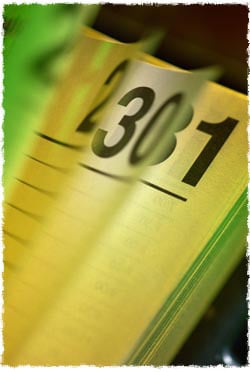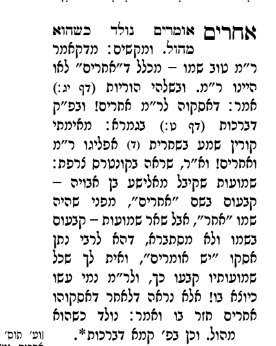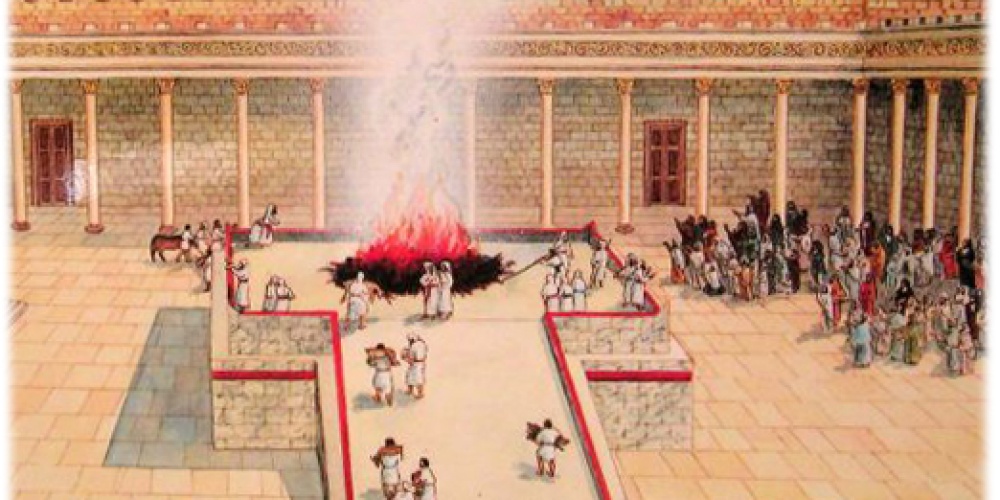BS”D
Suka 55a
Elul 26, 5783. September 12, 2023
Our גמרא enumerates the six songs that were sung in the בית המקדש on the 6 days of חול המועד סוכות. Rashi writes at length the association of the פסוקי תהילים of each song and its association with Sukkos.
Day 1 – Song 1 הבו לה’ בני אלים
Day 2 – Song 2 ולרשע אמר
Day 3 – Song 3 מי יקום לי עם מרעים
Day 4 – Song 4 בינו בוערים בעם
Day 5 – Song 5 הסירותי מסבל שכמו
Day 6 – Song 6 ימוטו כל מוסדי ארץ
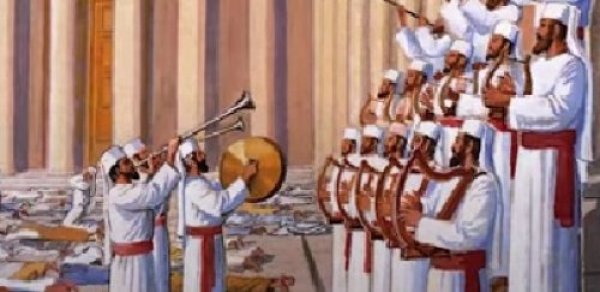
If one of these 6 days happen to occur on Shabbos, then only the שיר of שבת is sung.
What do we do on Sunday?
Say if day 3, for example, is on a Shabbos, when the scheduled song 3 is replaced by שיר של שבת, the order for Sunday and on, can be set in two ways.
Option A: אביי
:strip_icc():format(webp)/kly-media-production/medias/4308682/original/082957100_1675150417-Green_and_White_Arrow_Utilitarian_Directional_Business_Floor_Decal.jpg)
Just skip the song that was omitted on Shabbos. The reasoning is that on day 4, it’s more fitting to sing ‘song 4’ and continue until the end in the proper order.
Using this system, Song 3 is not said that year.
Thursday Day 1 – Song 1
Friday Day 2 – Song 2
Shabbos Day 3 – שיר של יום השבת (song 3 is skipped)
Monday Day 4 – Song 4
Tuesday Day 5 – Song 5
Thursday Day 6 – Song 5
Song 3 is not said that year.
Option B is another logical method.
רבא

We move the entire order ahead by one day. Meaning that the order of the six is bumped ahead.
To clarify – Option B means that on Sunday, the skipped שיר of yesterday (because of Shabbos) is sung on Sunday. This results in the song of the sixth day not being said at all.
Thursday Day 1 – Song 1
Friday Day 2 – Song 2
Shabbos Day 3 – שיר של יום השבת
Sunday Day 4 – Song 3
Monday Day 5 – Song 4
Thursday Day 6 – Song 5
Song 6 is bumped and is not said.
![The 6st number in the calendar is crossed out... - Stock Photo [92338296] - PIXTA](https://encrypted-tbn0.gstatic.com/images?q=tbn:ANd9GcT472soytAewvY-2fVFVSAnbwAesVfXy66flw&usqp=CAU)
Our גמרא accepts רבא‘s opinion – Option B.
2- The above sounds simple enough but this logic is used in other areas of Halacha.
We discussed a few examples.
The first one to use the above logic is the מגן אברהם.
The Ashkenazik Minhag is to say different יוצרות on the first 2 nights of Sukkos. On Shabbos, יוצרות are not said.
So what is said on the second night? The לבוש says that the יוצר for the first night is said. However, in Pozen they say the one for the second night.
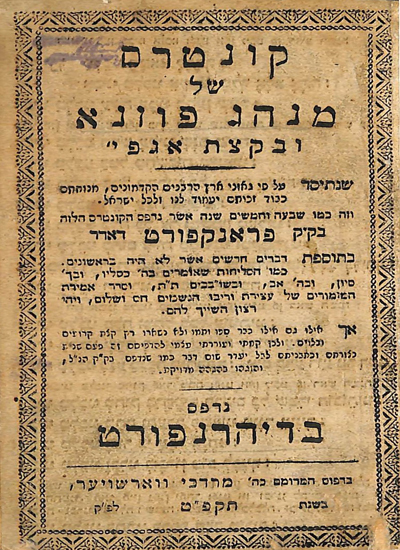
Customs of the community of Posen, with a collection of the unique nussach of liturgy as recited in the kehilla of Posen and surrounding areas. Includes special Selichos for the fifth of Av, marking the date when calamities occurred in Posen. Seemingly printed in Posen during the tenure of R. Akiva Eiger as Rav.
Comments the מגן אברהם , as per our גמרא’s conclusion that option B is the right way to go, it follows that on the second night we should say the יוצר for the first night, unlike the מנהג of Pozen.
See here 642, 1.
3 – Another example is from the פנים מאירות. Volume 2, 126. He applies the above to the following case.

If 2 people were hired to blow the שופר for the two days of ראש השנה. One for the fiרst day, the other for day 2.

In a year like this one, when the first day is Shabbos, who gets to blow the שופר on Sunday?
Option A would say the fellow that was hired for the first day lost his turn.
However if we follow option B, the first day ‘blozer’ is moved over to Sunday! The designated Sundry בעל תוקע will need to wait until next year….
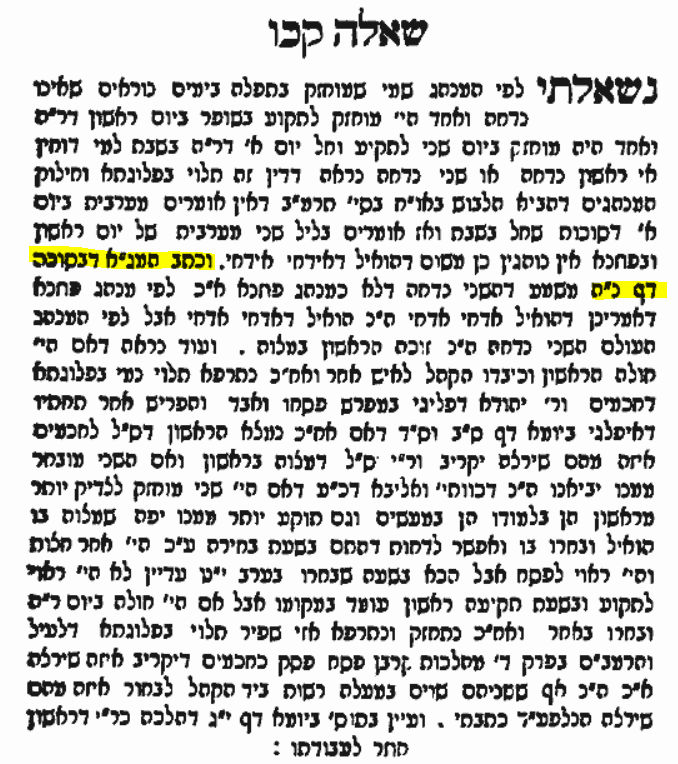
4 – We mentioned another example from Reb Chaim Palagi.
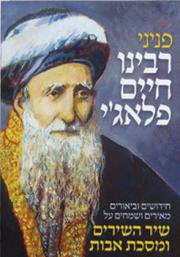
שו״ת חיים ביד להגר״ח פלאג׳י (סימן עה)
A family followed the מנהג to give סנדקאות for the first born to the father’s father and the second to mother’s father. What happened is that that the father’s father was unable to attend the ברית of the בכור.
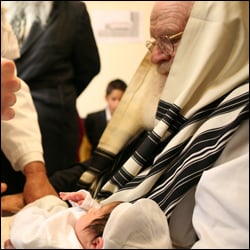
When the second son was born, both sides wanted the סנדקאות.
Who is right? The father’s father, because he was unable to attend, his זכות moved over to the next oneץ or did he miss his turn?
5 – Discussed the interesting mnemonics of הומבה”י and הומהב”י.

6 – We discussed other topics and concluded with the famous רא”ש that brings the opinion of the גאונים strictly forbidding fasting on ראש השנה.
ראש השנה פרק יד
The פסוקים he brings are from the first years of the בית שני.
On ראש השנה, after hearing the מוסר from עזרא. people were sad and cried. נחמיה ט
וַיֹּאמֶר נְחֶמְיָה הוּא הַתִּרְשָׁתָא וְעֶזְרָא הַכֹּהֵן הַסֹּפֵר וְהַלְוִיִּם הַמְּבִינִים אֶת הָעָם לְכָל הָעָם הַיּוֹם קָדֹשׁ הוּא לַיהוָה אֱלֹהֵיכֶם אַל תִּתְאַבְּלוּ וְאַל תִּבְכּוּ כִּי בוֹכִים כָּל הָעָם כְּשָׁמְעָם אֶת דִּבְרֵי הַתּוֹרָה.
And Nehemiah, who was the Tirshatha, and Ezra the priest the scribe, and the Levites that taught the people, said unto all the people: ‘This day is holy unto the LORD your God; mourn not, nor weep.’ For all the people wept, when they heard the words of the Law.
Ezra then tells them to be happy on ראש השנה.
וַיֹּאמֶר לָהֶם לְכוּ אִכְלוּ מַשְׁמַנִּים וּשְׁתוּ מַמְתַקִּים וְשִׁלְחוּ מָנוֹת לְאֵין נָכוֹן לוֹ כִּי קָדוֹשׁ הַיּוֹם לַאֲדֹנֵינוּ וְאַל תֵּעָצֵבוּ כִּי חֶדְוַת יְהוָה הִיא מָעֻזְּכֶם.
Then he said unto them: ‘Go your way, eat the fat, and drink the sweet, and send portions unto him for whom nothing is prepared; for this day is holy unto our Lord; neither be grieved; for the joy of the LORD is your strength.’

What does :’ send portions unto him for whom nothing is prepared’ mean
Now who doesn’t have prepared food for ראש השנה?
The גמרא in [ ביצה [טו,ב says it means someone that didn’t make an עירוב תבשילין.
Says the רא”ש, the פשוטו of the פסוק means to say that some people were fasting on ראש השנה and had nothing to eat! And Ezra instructs them not to fast.
Indeed, that is the הלכה not to fast on ראש השנה. OC 696.
כתיבה וחתימה טובה לכל המשתתפים בשיעור ולכל בני ישראל.


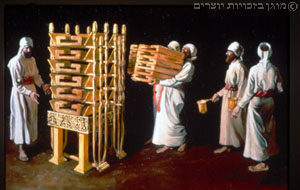





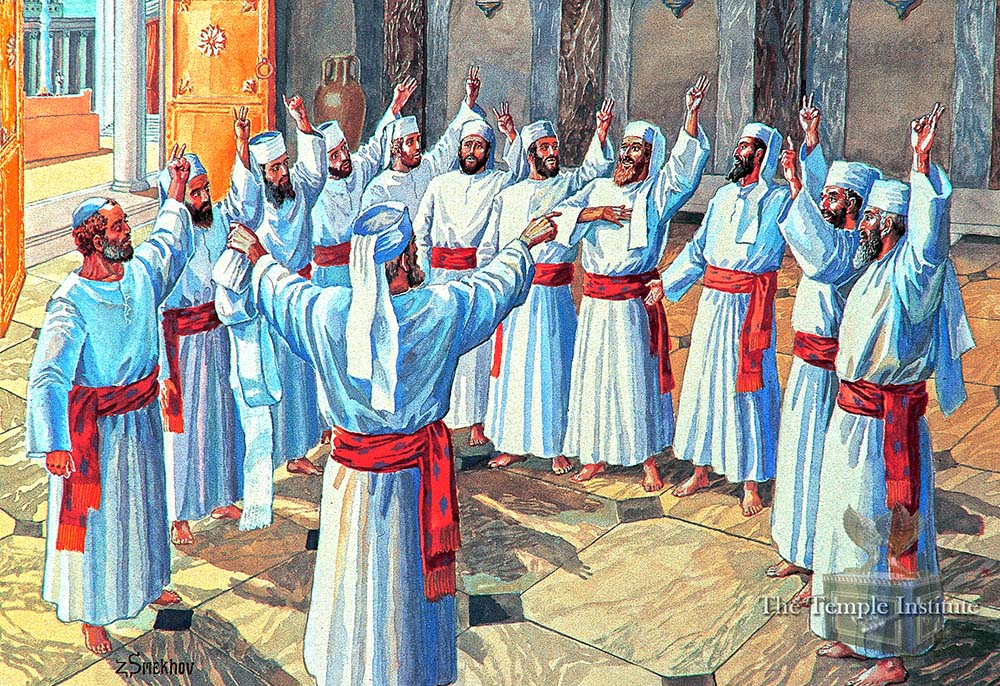
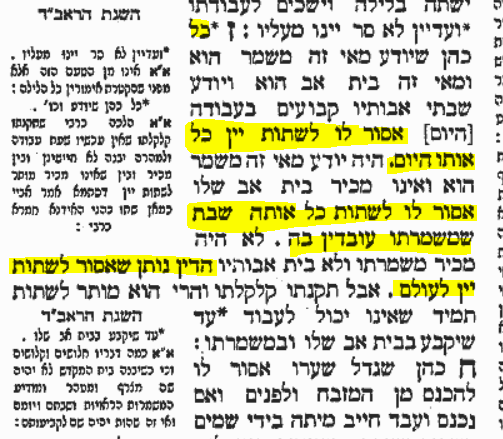


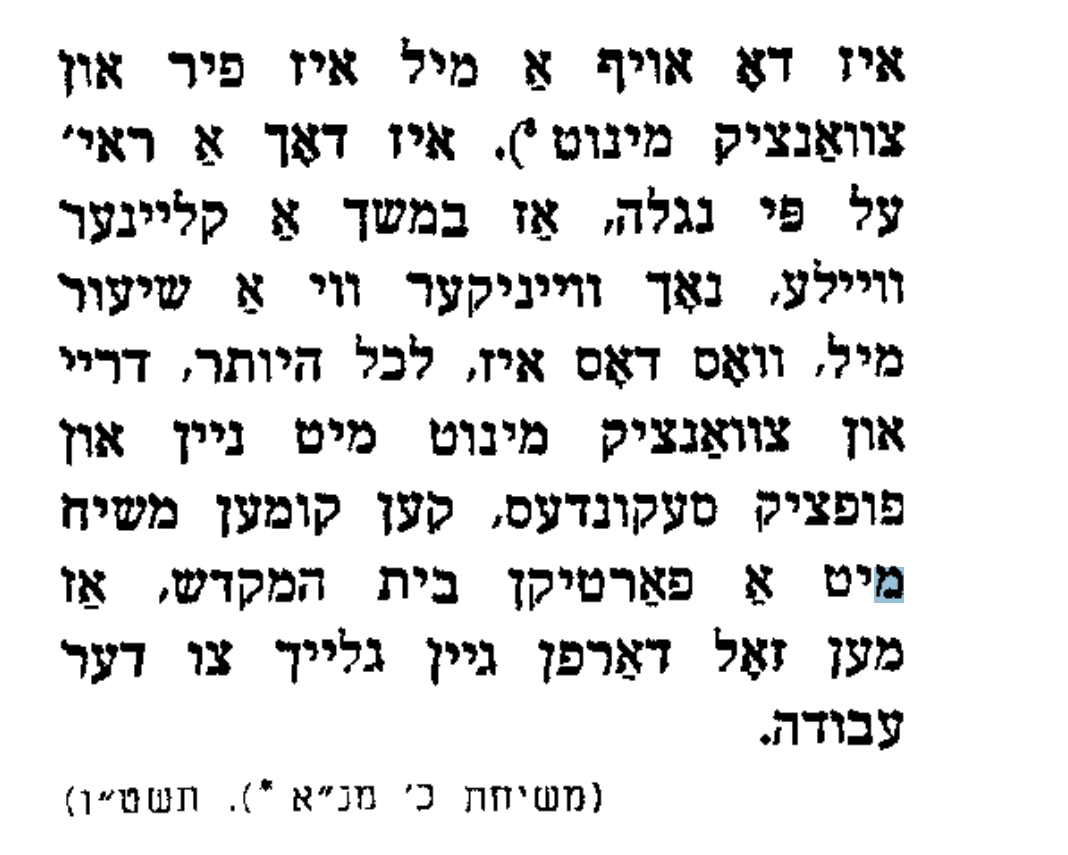
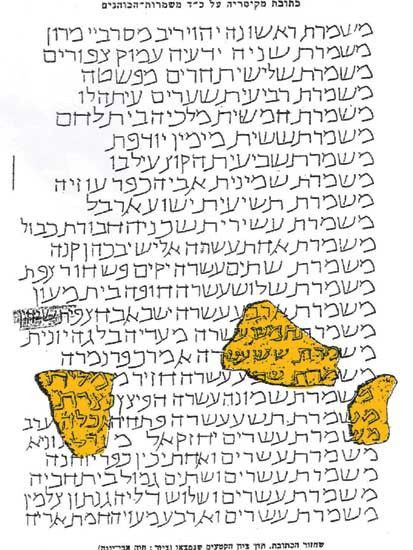


:strip_icc():format(webp)/kly-media-production/medias/4308682/original/082957100_1675150417-Green_and_White_Arrow_Utilitarian_Directional_Business_Floor_Decal.jpg)









